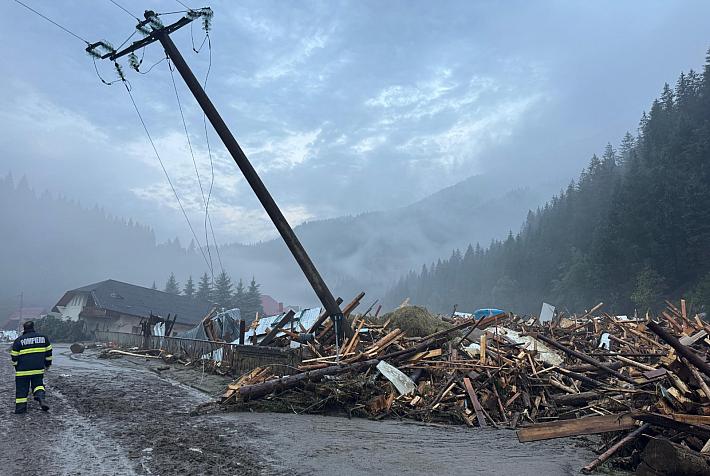Forbes: crisis in Romania overlooked

More attention should be given to the effects of economic crisis in Romania and other former communist states in the EU, according to a recent article in Forbes. The crisis in Portugal, Italy, Ireland, Greece and Spain has made a lot of headlines, but economic problems in eastern Europe and their knock on effects have been overlooked, according to Forbes. The article is based solely on the levels of new car registration in the EU, which is given as “a good proxy for suffering of the would-be middle class.”
The figures, published by the New York Times, show that registration of new cars for the 2007-2011 period was down dramatically in Romania. The 74.1 percent drop was the biggest in the EU, but was not the only sizable fall. Latvia and Hungary also recorded reductions in new car registration in excess of 70 percent and Spain, Estonia, Ireland, Bulgaria and Greece all saw 50 percent plus falls. Although the data refers only to new car registration, without reference to any other economic markers or consumer spending indicators, it shows a huge disparity across the EU. Overall, new passenger car registration in the EU was down 15.8 percent for the 2007-2011 period, however, some countries registered increases. Austria, Slovakia, the Netherlands, Belgium and Denmark saw considerable rises – 19.4, 14.2, 10, 9 and 5.9 percent respectively. Germany and Finland just made it into positive territory with 0.8 and 0.7 percent growth, while Sweden, the Czech Republic and France saw falls of 1 percent or less. When the all the figures are considered, no clear pattern emerges. Some former communist states have seen increases or small drops, others have seen big falls, some eurozone countries are up, others are down.
The Forbes article underlines the differing political situations in Romania, Hungary and Estonia, as varied responses to economic crisis. Hungary, according to the article, has moved closer to isolationism and authoritarianism, Romania has seen protest against the government, while Estonia has maintained liberal economic policy.
Read the Forbes and the New York Times articles.
Liam Lever, liam@romania-insider.com











